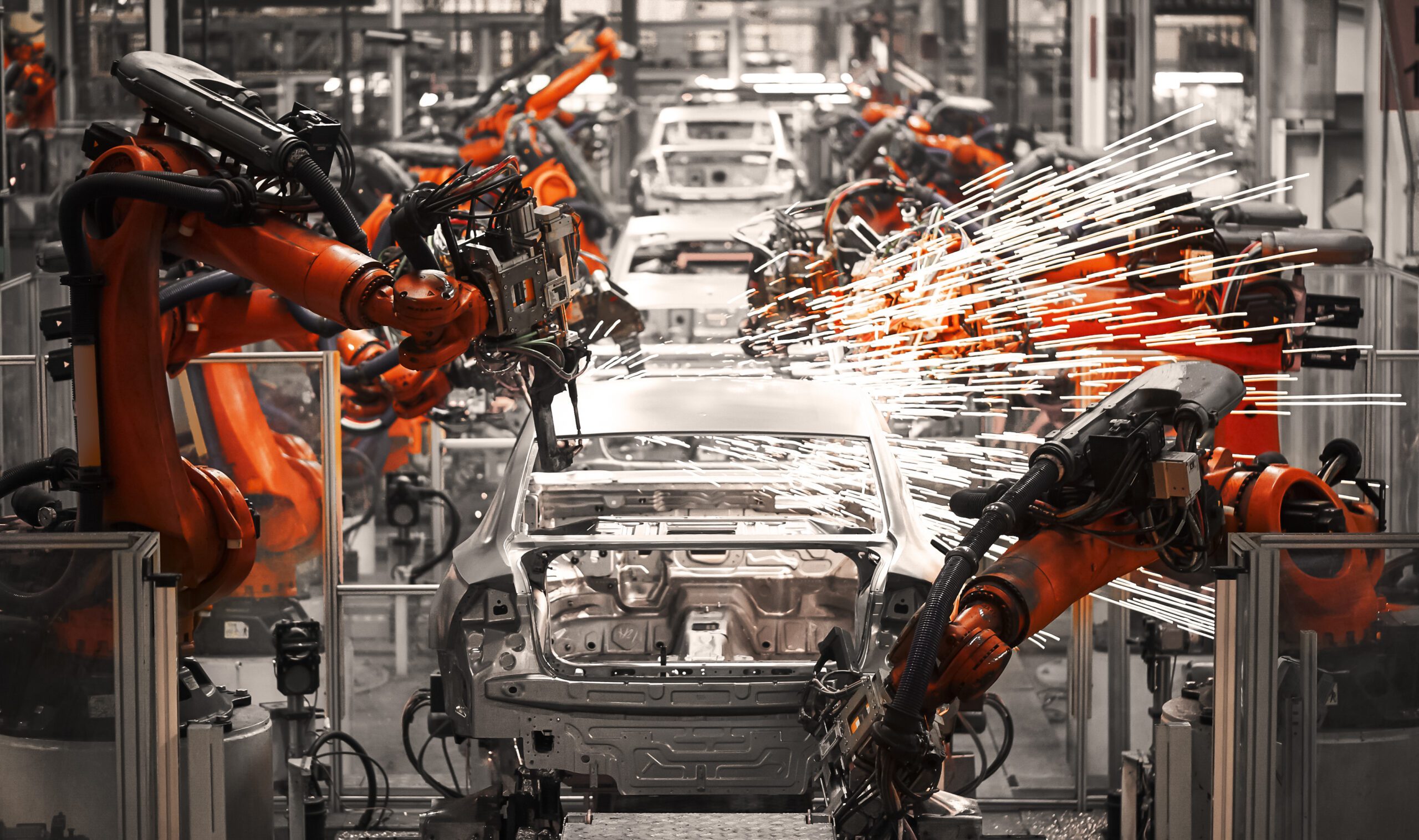Scott Keogh, CEO of Volkswagen Group of America, has described the transition to electric vehicles as one of the biggest industrial transformations probably in the history of capitalism. Indeed, reports suggest that the auto industry is on track to invest half a trillion dollars in the next five years to facilitate this transition. Meanwhile, carmakers are also turning to green steel as a way to drive down carbon dioxide emissions in automobile production. For GSW, Tanya Rudra overviews recent green steel partnerships between automobile makers and steel suppliers.
Volvo Group with SSAB
In October 2021, in a world-first, Volvo Group showcased the first vehicle made of fossil-free steel produced by SSAB. In August, SSAB was able to show the world’s first fossil-free steel plate made from hydrogen-reduced iron produced at HYBRIT´s pilot plant in Luleå, Sweden. The HYBRIT initiative is a collaboration between SSAB, LKAB and Vattenfall.
According to a joint press release, more vehicles and machines will follow in 2022 in a series of concept vehicles and components using fossil-free steel from SSAB.
In 2026, SSAB plans to supply the market with fossil-free steel at a commercial scale after a conversion of its Oxelösund blast furnaces into an electric arc furnace and by using HYBRIT technology, which replaces coking coal traditionally needed for iron ore-based steelmaking, with fossil-free electricity and hydrogen.
This process is a deciding move toward virtually eliminating carbon dioxide-emissions in steel production.
Mercedes-Benz AG with H2 Green Steel and Salzgitter Flachstahl GmbH
Mercedes-Benz AG became the first car manufacturer to take an equity stake in Swedish start-up H2 Green Steel as a way to introduce CO2 free steel into series production. Together with its steel suppliers, the company is retooling its supply chain to focus on the prevention and reduction of CO2 emissions rather than compensation. This partnership is another step towards CO2 neutrality, which Mercedes-Benz is pursuing as part of Ambition 2039, its goal to achieve a fully connected and CO2 neutral vehicle fleet in 2039.
Moreover, last year, Salzgitter AG subsidiary Salzgitter Flachstahl GmbH delivered green strip steel products with a CO2 footprint reduced by more than 66% to four German plants of Mercedes-Benz AG. Salzgitter Flachstahl GmbH supplied steel in the form of cold-rolled strip and galvanized sheets that are used, among other things, for structural and body parts for various car models.
Volkswagen Group with Salzgitter AG
The Volkswagen Group and Salzgitter AG have a long-standing partnership and they opened the next chapter together in the decarbonisation of their processes and products. Volkswagen became one of the first customers for the low-CO2 steel that Salzgitter AG plans to produce on a new production route at its headquarters in Lower Saxony from the end of 2025. According to Salzgitter AG, this will enable over 95 per cent of CO2 emissions in steel production to be saved in future on the basis of hydrogen and renewable energies.
The Volkswagen Group plans to use the low-CO2 steel from the end of 2025 in important future projects such as the Trinity1 e-model, which will be produced in Wolfsburg from 2026.
BMW Group with H2 Green Steel and Salzgitter AG
The BMW Group signed agreements with H2 Green Steel and Salzgitter AG for delivery of low-carbon steel. H2 Green Steel will supply the BMW Group’s European plants with steel produced exclusively using hydrogen and green power from renewable energies from 2025 onwards. While the steel supplied by Salzgitter AG will be used in standard production of cars at the BMW Group’s European plants from 2026 onwards.
Together, the two agreements will supply over 40% of the steel required by the company’s European plants and save around 400,000 tonnes of CO2 emissions per year.
General Motors with Nucor
General Motors is decarbonising its production operations through the adoption of Nucor’s Econiq net-zero steel. Nucor uses recycled scrap-based electric arc furnace technology at every one of its two dozen U.S. steel mills, thus enabling the company to operate at 70 percent below the current steel industry greenhouse gas intensity.
The company’s new Econiq steel will extend the greenhouse gas reductions by utilizing 100 percent renewable energy and high-quality carbon offsets to neutralize remaining production emissions.
The Econiq net-zero steel will be used in future GM vehicles as it is projected that all steel purchased by GM from Nucor will be carbon neutral by the end of 2022.

